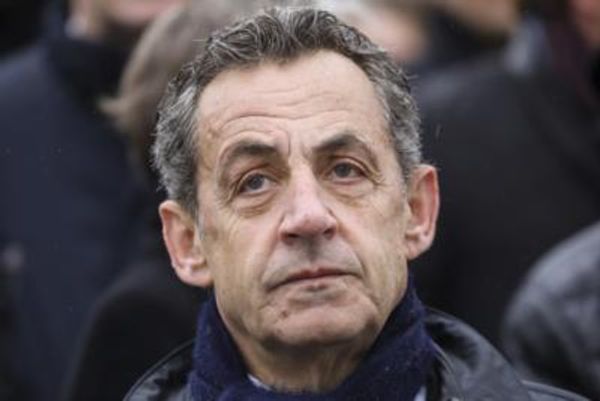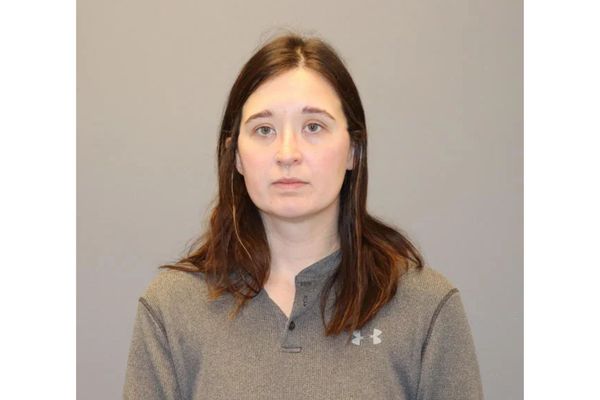
Jim Chalmers knows a thing or two about crisis management.
The incoming federal treasurer was principal adviser to Wayne Swan, the former Labor treasurer who steered the economy during the 2008-2009 global financial crisis.
While the coalition frequently tries to belittle Labor’s achievements during that crisis compared to the global upheaval of the COVID-19 pandemic, Australia was one of few countries to avoid a recession as major banks folded around the world.
Mr Swan went on to be crowned finance minister of the year by Euromoney magazine, joining Paul Keating as the only Australian treasurers to be awarded the title, much to the annoyance of the coalition.
Mr Swan also had Dr Chalmers by his side as his chief of staff when he went on to become deputy prime minister.
Dr Chalmers was sworn in as treasurer on Monday following Saturday’s federal election, with Labor voted back into power for the first time in almost a decade.
He admits he has inherited a lot of challenges from outgoing Liberal treasurer Josh Frydenberg, who is set to lose his Victorian seat of Kooyong to independent Monique Ryan.
“We’ve got cost of living going through the roof. We have real wages going backwards. We’ll be inheriting a trillion dollars of debt with not enough to show for it,” he told the Nine Network just before being sworn in at Government House.
He said his work had already begun, having been briefed by the treasury secretary at his home in Logan on Sunday.
It was in sharp contrast to three years earlier as Labor’s finance spokesman when he saw his party unexpectedly lose in Scott Morrison “miracle” election win, a defeat blamed on being too ambitious, with a raft of tax changes in particular.
Dr Chalmers, 44, first entered the House of Representatives in 2013 representing the Queensland seat of Rankin, an election which ended Labor’s previous six years in government.
He straight away held several junior positions in opposition before becoming finance spokesman in 2016 and then shadow treasurer in 2019.
Labor colleagues say Dr Chalmers’ main attributes are his experience in helping to guide the nation through the GFC and being well-read in terms of economic policy ideas.
Thirdly, he is “grounded in his electorate”, bringing together his life experience in the Logan area with the policy implications of this experience.
And despite the name calling and political barbs they throw at each other in Parliament House, Dr Chalmers and Mr Frydenberg actually get on.
“I respect him and he does bring a great deal of experience to the role,” Mr Frydenberg told the National Press Club during the election campaign.
“Off camera we actually get on better than we do on camera.”
Dr Chalmers, who is married with three children, has a PhD in political science from the Australian National University, having written a doctoral thesis titled: “Brawler statesman: Paul Keating and prime ministerial leadership in Australia”.
Perhaps not a brawler, Dr Chalmers could well be a future prime minister.







